
The Pope drew inspiration for his reflection from the First Letter of St John (3:22 – 4:6), noting at the outset that the Apostle uses “a word of Jesus at the Last Supper: “abide”. More precisely, the Pope said, John writes that “all who keep his commandments ‘abide’ in God, and God in them”. Francis then explained that “this ‘abiding’ in God is like the breath and the manner of Christian life”. Thus we can say that “a Christian is one who abides in God”. John also writes in his letter: “by this we know that he abides in us, by the Spirit which he has given us”. The Pontiff then mentioned the Apostle’s admonition to “be mindful: and then the problem comes. Be mindful, ‘do not believe every spirit, but test the spirits to see whether they are of God’”. This is precisely “the rule for daily life which John teaches us”.
Therefore, we should “test the spirits”, but “what does it mean to test the spirits? It seems as if they are ghosts…”. However, that is not the case, the Pontiff stated, because John tells us to “test the spirits in order to gauge where they come from: to gauge the spirit, what is happening in my heart”. Thus, “it leads us there, to the heart”, to ask ourselves “what is happening, what do I feel in my heart, what do I want to do? The root of what is happening now, where does it come from?”.
This, the Pope explained, “is testing in order to ‘gauge’”. Indeed, the verb ‘gauge’ is the most appropriate verb to truly determine “whether what I feel comes from God, from the spirit that enables me to abide in God, or if it comes from the other one”. If the question is “who is the other one?”, Pope Francis’ answer is clear-cut: “the antichrist”. After all, he explained, “John’s reasoning is simple, direct, I would say circular, because it turns on the same topic: either you are of Jesus or or you are of the world”. John also takes up “what Jesus, too, asked of the Father for all of us: not to take us from the world, but to protect us from the world”. Because “worldliness is the spirit which distances us from the Spirit of God that enables us to abide in the Lord”.
At this point in the homily, Francis voiced a question which naturally arises on this topic: “Okay Father, yes it is all clear, but what are the criteria to truly discern what is happening in my soul?”. John offers only one criterion, and he presents it in these words: “‘By this you know the Spirit of God: every spirit’ — every emotion, every inspiration that I feel — ‘which confesses that Jesus Christ has come in the flesh is of God, and every spirit which does not confess Jesus is not of God’”.
In other words, the Pope continued, “the criterion is that Jesus has come in the flesh, the criterion is the incarnation”. This means that “I can feel many things inside, even good things, good ideas, but if these good ideas, if these feelings do not lead me to God who has come in the flesh, if they do not lead me to my neighbour, to my brother, then they are not of God”. This is why “John begins this passage of his letter by saying: ‘this is his commandment, that we should believe in the name of his Son Jesus Christ and love one another”.
The Pontiff then applied this truth to everyday Christian life: “We can make many pastoral plans, conceive of new methods for drawing people close, but if we don’t take the path of God who has come in the flesh, of the Son of God who became man in order to walk with us, then we are not on the path of the good spirit”. Instead what prevails “is the antichrist, worldliness, the spirit of the world”.
Yes, the Pope added, “how many people do we find in life who seem spiritual, but who do not speak of doing works of mercy”? But why is this? “Because the works of mercy are precisely the concrete sign of our confession that the Son of God has come in the flesh: visiting the sick, feeding those who do not have food, taking care of outcast”. We must perform “works of mercy”, therefore, “because each of our brothers and sisters, whom we must love, is the flesh of Christ: God has come in the flesh to identify himself with us and, and one who suffers is Christ who suffers”.
Hence, Francis said, “if you take this path, if you feel this, you are on the right path” because “this is the criterion of discernment, so as not to confuse feelings, spirits, so as not to go down a path that isn’t right”. Returning then to the words of John: “‘do not believe every spirit’ — be mindful — ‘but test the spirits to see whether they are of God’”. For this reason, the Pope emphasized “service to the neighbour, brother, sister who is in need — there are so many needs — even of advice, of my ear to be listened to: these are signs that we are on the path of the good spirit, that is, on the path of the Word of God who has come in the flesh”.
Before resuming the celebration of the Mass, Francis asked “the Lord for the grace to be well aware of what is happening in our hearts, what we prefer doing, that is to say, what touches me most: whether it is the Spirit of God, which leads me to the service of others, or the spirit of the world that roams within me, in my closure, in my selfishness, in so many other things”. Yes, the Pope concluded, “let us ask for the grace to know what is happening in our hearts”.

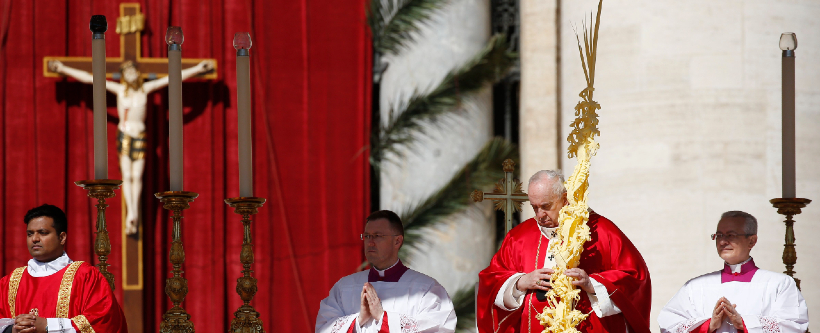
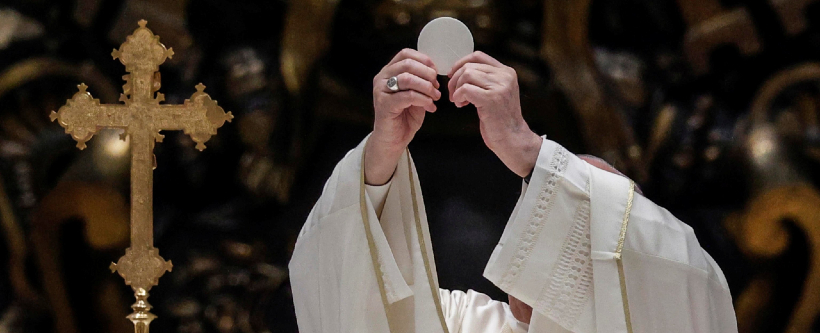
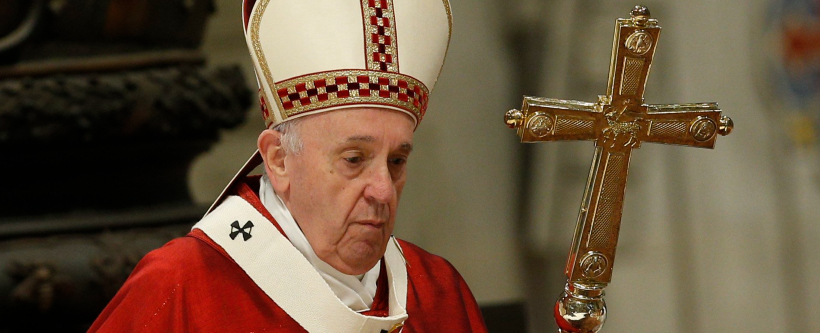
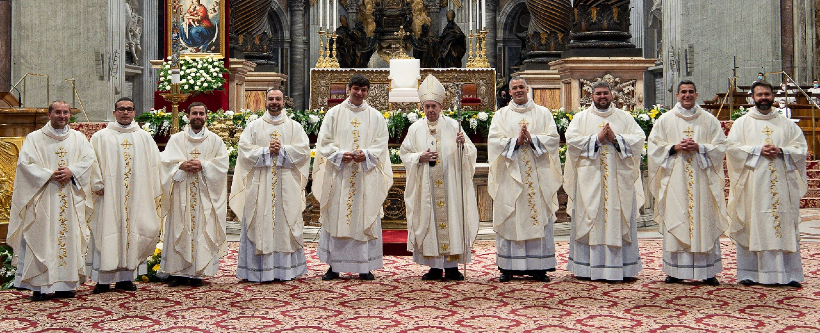
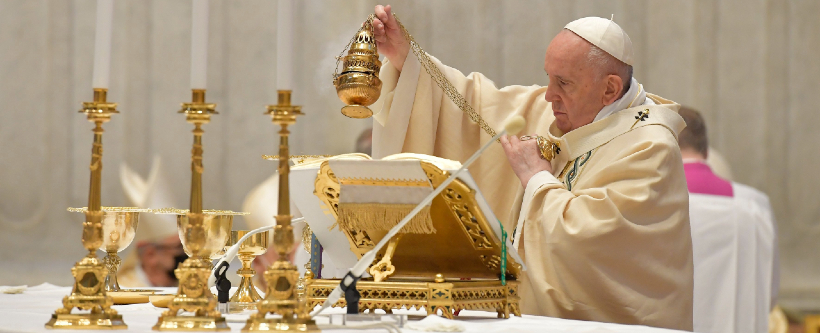
Facebook Comments